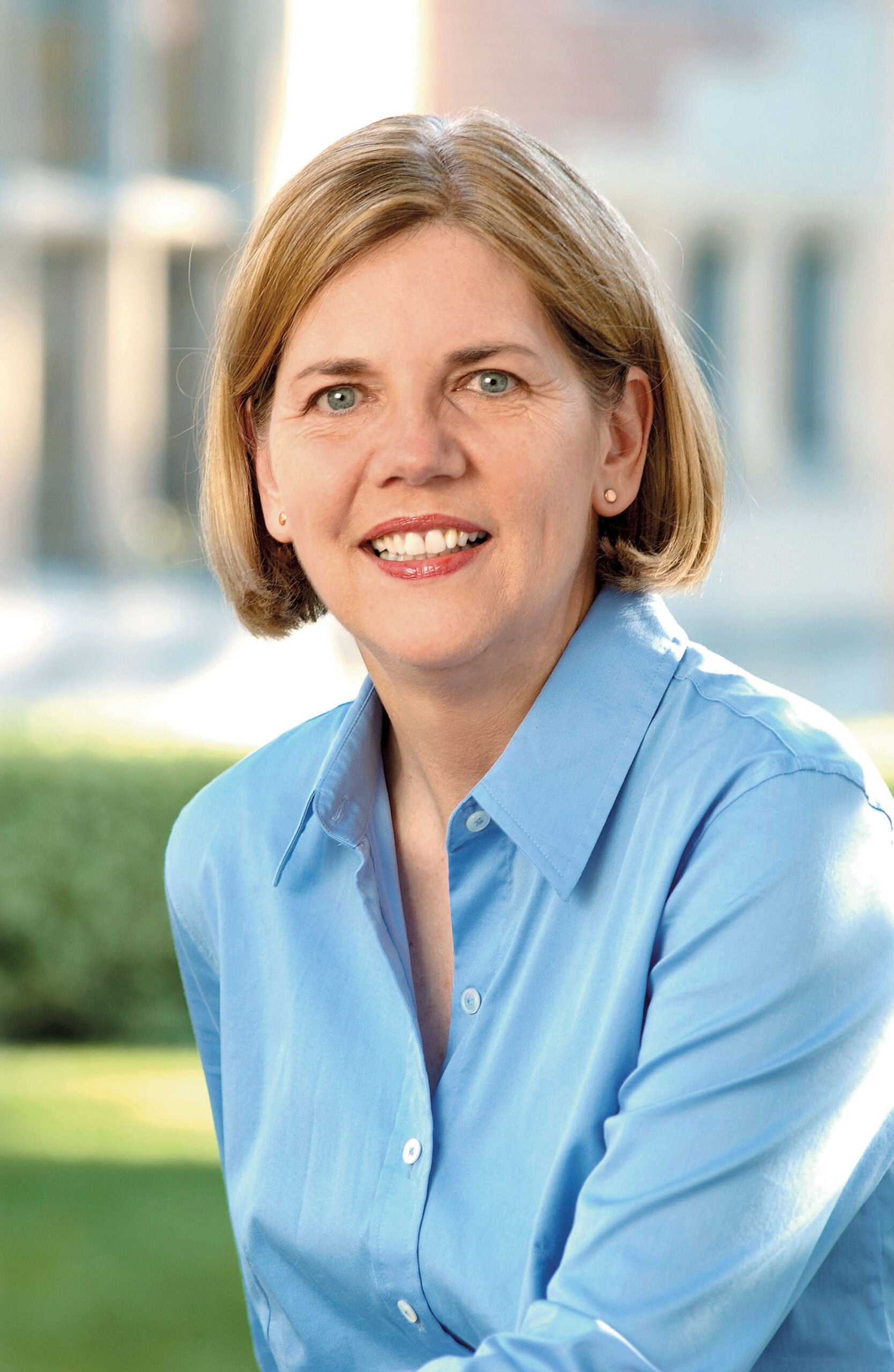The following essay, “Protect Financial Consumers,” was co-written by Professor Elizabeth Warren and her daughter Amelia Warren Tyagi. It will appear in the November 7, 2008, edition of Harper’s Magazine and is part of a special forum in the magazine entitled, “How to save capitalism.”
Go into any appliance store in America and look for a toaster with a one-in-five chance of exploding. You won’t find one. But at any mortgage brokerage in the country it has been possible to purchase a loan with a one-in-five foreclosure rate, and the broker doesn’t even have to tell you the odds. Why the difference? Toasters—like every product you touch or taste—are tested for safety. When a baby stroller or an eyeliner is discovered to be dangerous, it is removed from the shelves. Yet financial products go unmonitored for basic safety. When shopping in the complex and constantly evolving financial market, where actual costs and unfavorable terms are regularly concealed, consumers are on their own.
For most of the country’s history, state and local usury laws imposed modest consumer protections by setting caps on interest rates and fees. But in 1978, a federal statute was used to bypass these laws. Creditors quickly rewrote the rules, issuing unintelligible contracts that increased fees, penalties, and interest rates. The fragmented financial regulatory bodies that remain have operated as if their main goal were lender profitability. Real oversight has been left mostly to a handful of consumer advocates who struggle to examine and review hundreds of complicated financial products and publicize problems while financial institutions spend about $100 million each year lobbying Congress for less regulation and more privilege. The ever-widening information imbalance between consumers and creditors has only made borrowers easier marks. In a Federal Trade Commission study conducted last year, for instance, nine in ten mortgage customers examining relatively straightforward fixed-rate loan agreements could not figure out the up-front costs on the loan; half could not identify the loan amount. Of all the borrowers who were sold subprime mortgages in the past five years, nearly 60 percent would have qualified for prime mortgages if brokers had offered them; the subprime mortgages carried so many rate escalators, prepayment penalties, and other traps that even would-be prime borrowers defaulted.
It is time we created the equivalent of a Consumer Product Safety Commission for financial products, an agency whose purpose would be to protect homebuyers and investors from the finance industry’s most dangerous offerings. The Financial Product Safety Commission could model itself after the best from the consumer regulatory agencies. For instance, the head of the new agency would be appointed by the president, and its staff of professionals would have civil-service protection and thereby be immune to changing political winds. Although the FPSC would have no hand in setting prices, it would be able to require that companies reveal the true cost of credit. This seemingly small requirement would force into public view essential information about terms and risks that has long been masked and withheld. To achieve this end, the agency could do something as basic as reviewing product disclosures, making sure they were easily comprehensible to the average reader. The FPSC would also “test” products for safety before they had a chance to reach consumers.
When the commission found undisclosed fees or bait-and-switch credit modeling, it could allow the offender a period of time to fix the problem, giving lenders the opportunity to minimize government interference. But if a lender failed to act within, say, six months, the agency could impose its own regulations: eliminating confusing paperwork, requiring effective disclosures, and, when necessary, banning outright the most dangerous traps. Standards would evolve over time, with the agency employing financial experts capable of keeping pace with the industry’s ability to constantly create new and dauntingly exotic products.
Continue reading, “Protect Financial Consumers.”
Elizabeth Warren is the Leo Gottlieb Professor of Law at Harvard Law School. Amelia Warren Tyagi is COO and co-founder of Business Talent Group. They are authors together of “The Two-Income Trap: Why Middle-Class Mothers and Fathers Are Going Broke.”
